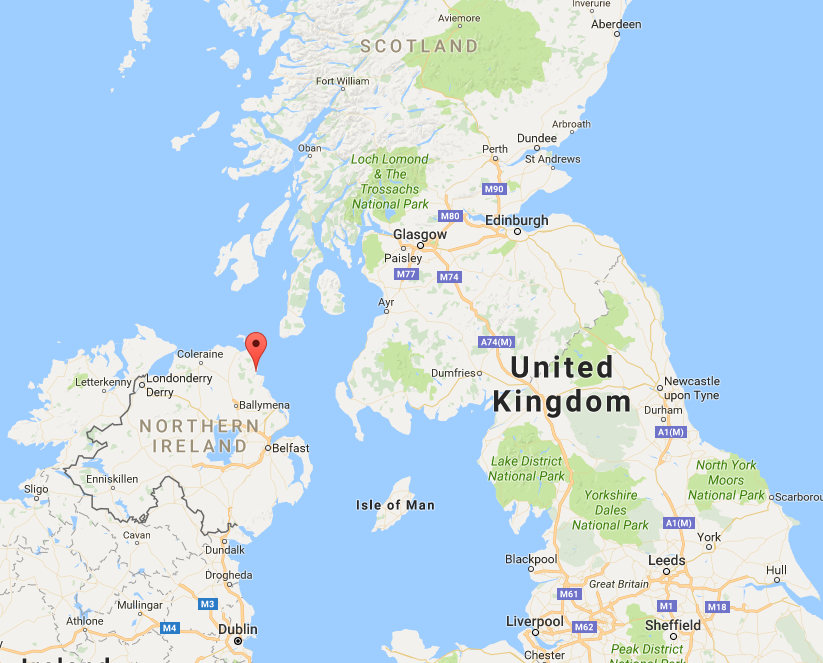From Chris Cooper:
I was intrigued by this construction, which I'd never come across before. From the explanation of the German word "Bummel" in Jerome K Jerome's comic novel Three Men On The Bummel:
A 'Bummel', I explained, I should describe as a journey, long or short, without an end; the only thing regulating it being the necessity of getting back within a given time to the point from which one started. Sometimes it is through busy streets, and sometimes through the fields and lanes; sometimes we can be spared for a few hours, and sometimes for a few days. But long or short, but here or there, our thoughts are ever on the running of the sand. […]
It was the repetition of "but" in the last quoted sentence that struck me – I've never seen this elsewhere. It reminds me of the constructions
whether long or short, whether here or there …
and the obsolete
nor long nor short,
(I can't think of any real-life examples of the latter, but I'm sure it was once common, at least in poetry.)
Read the rest of this entry »


